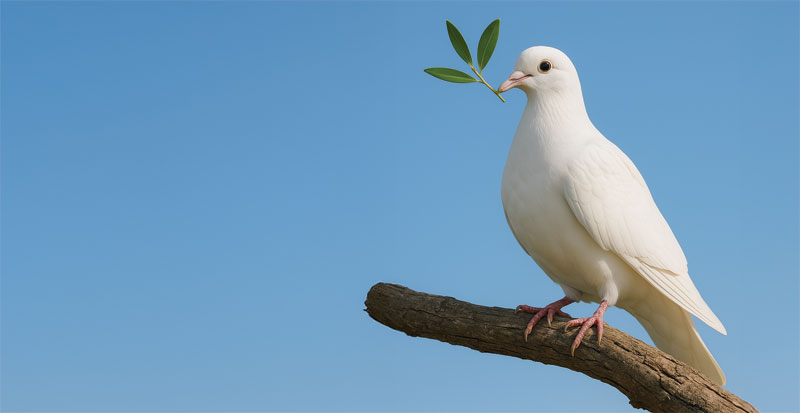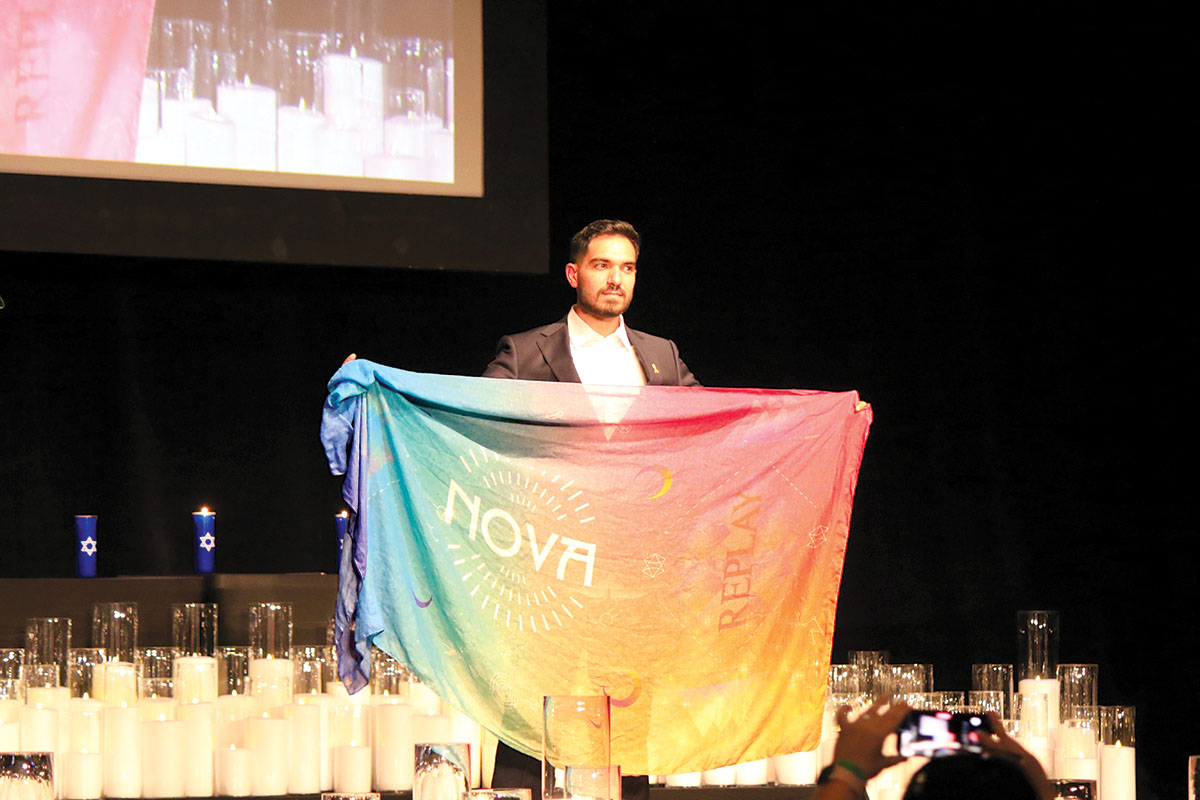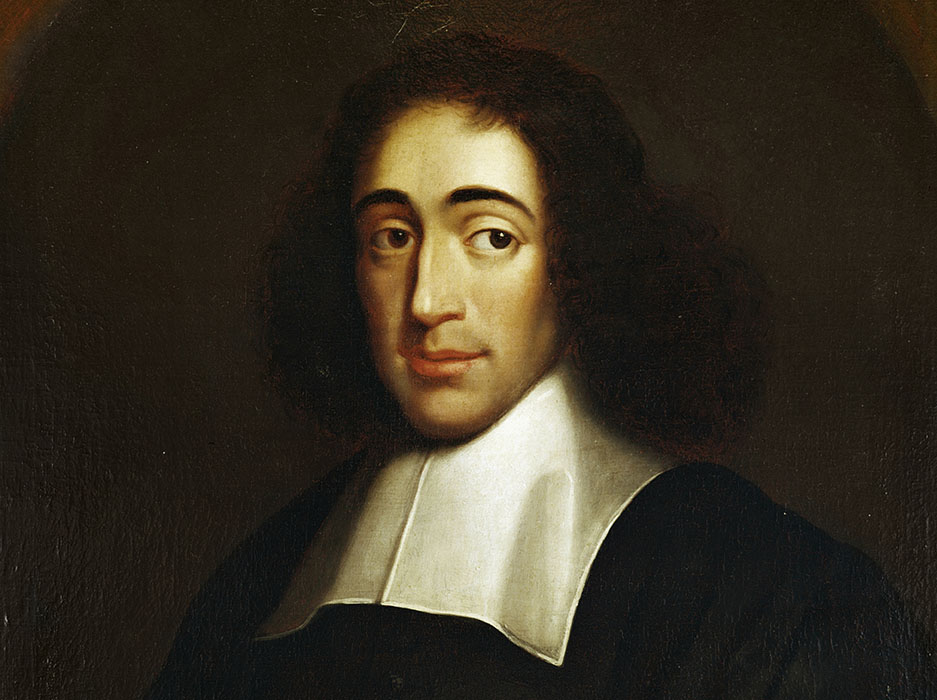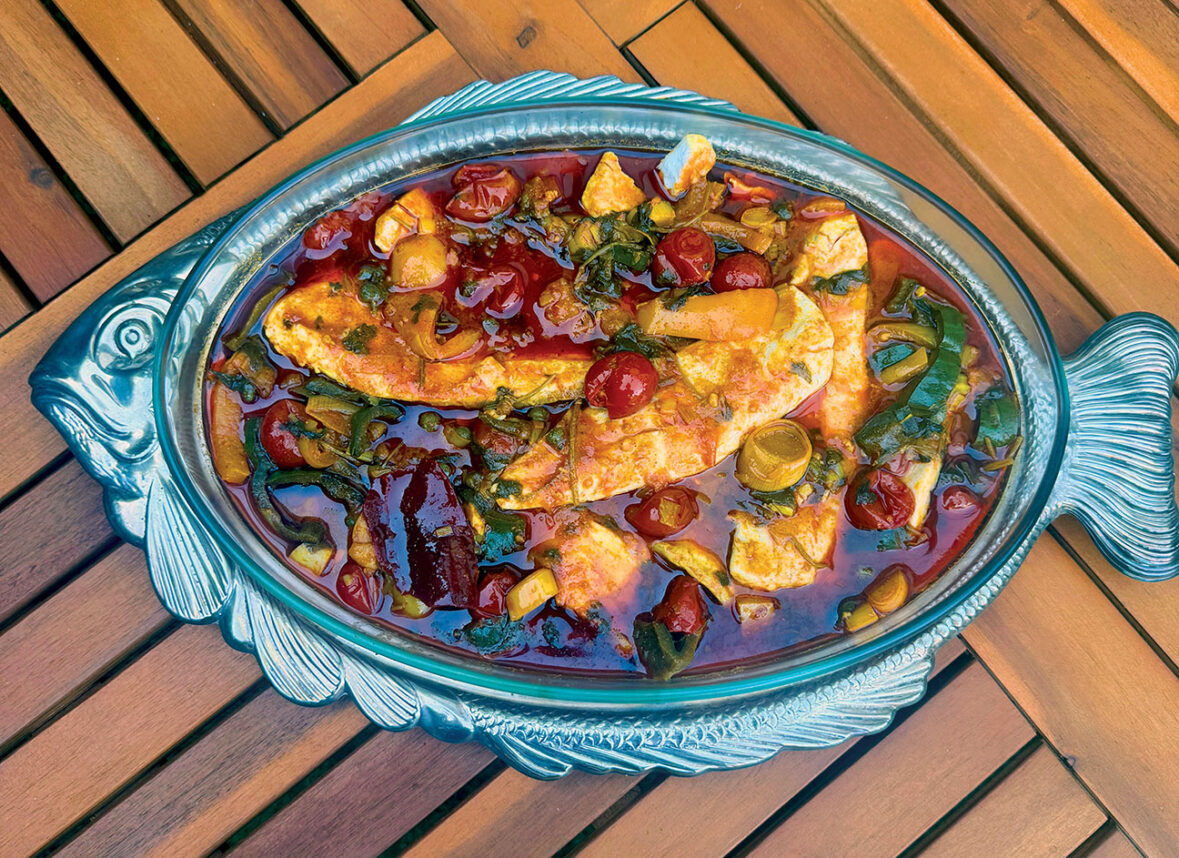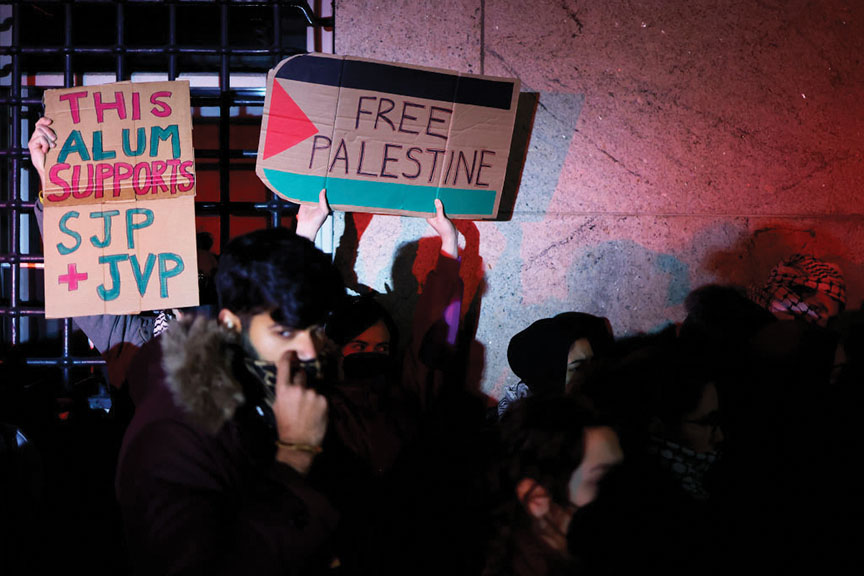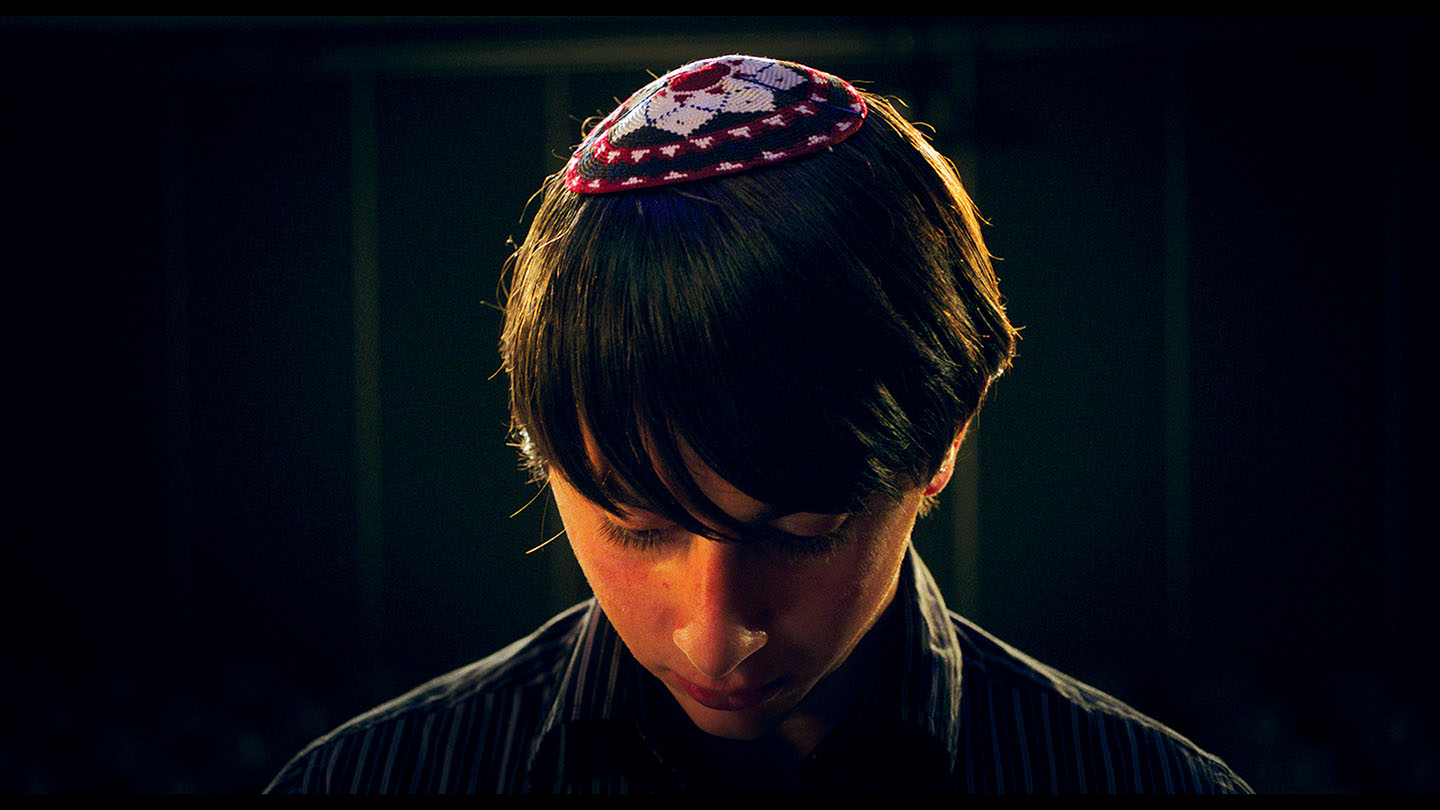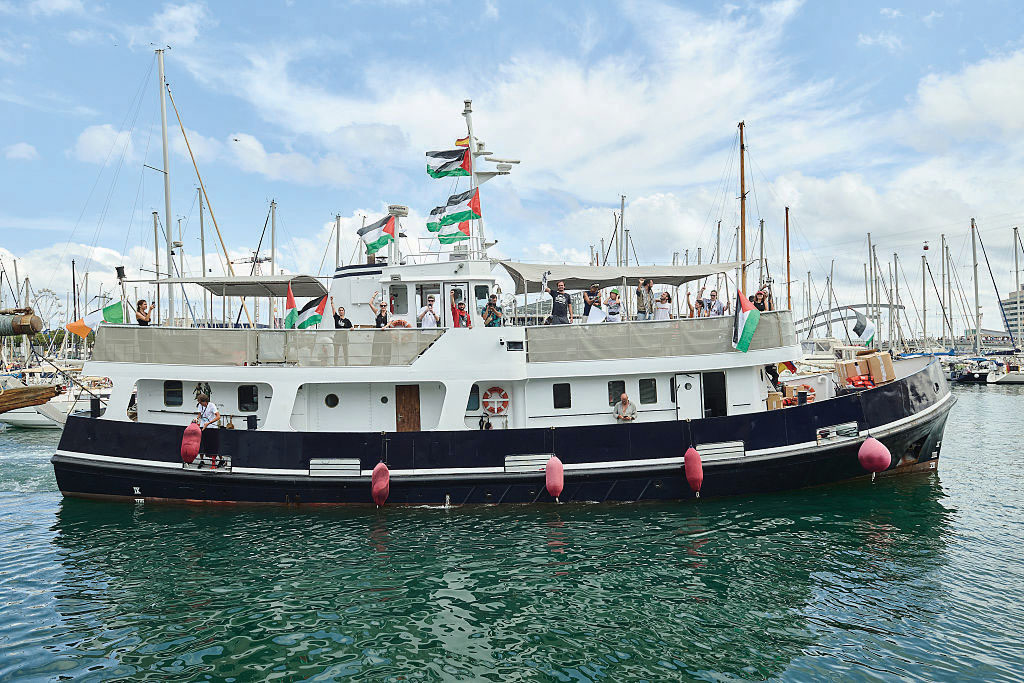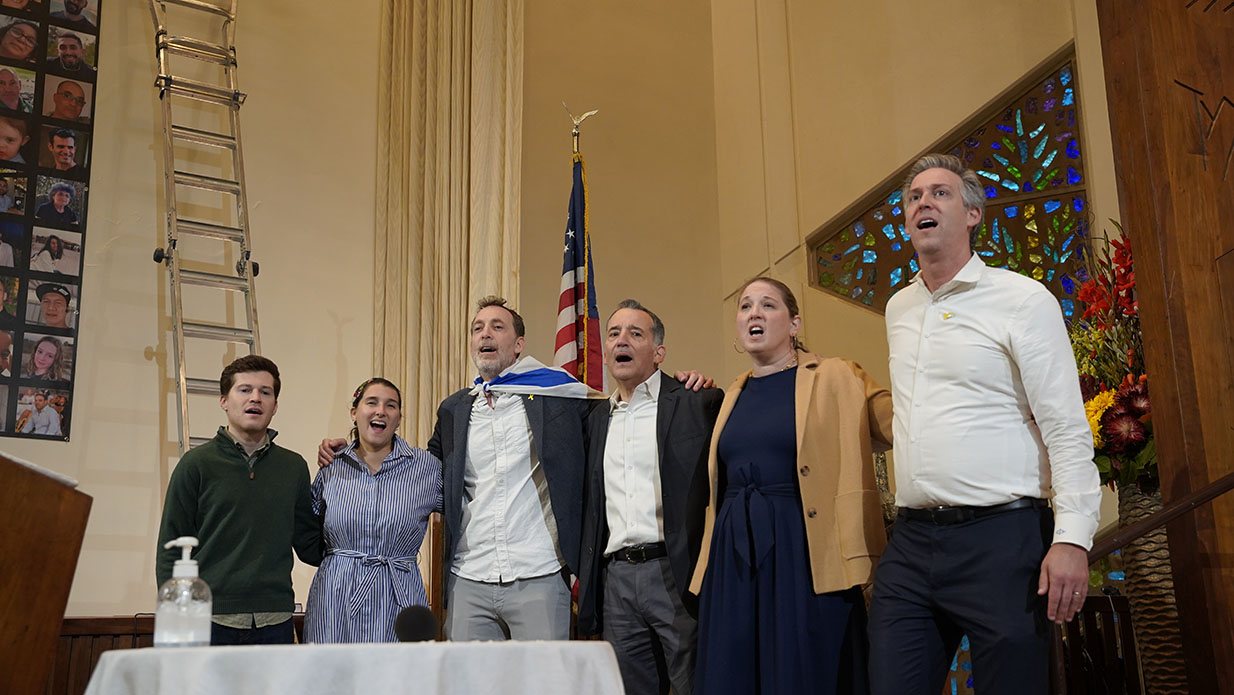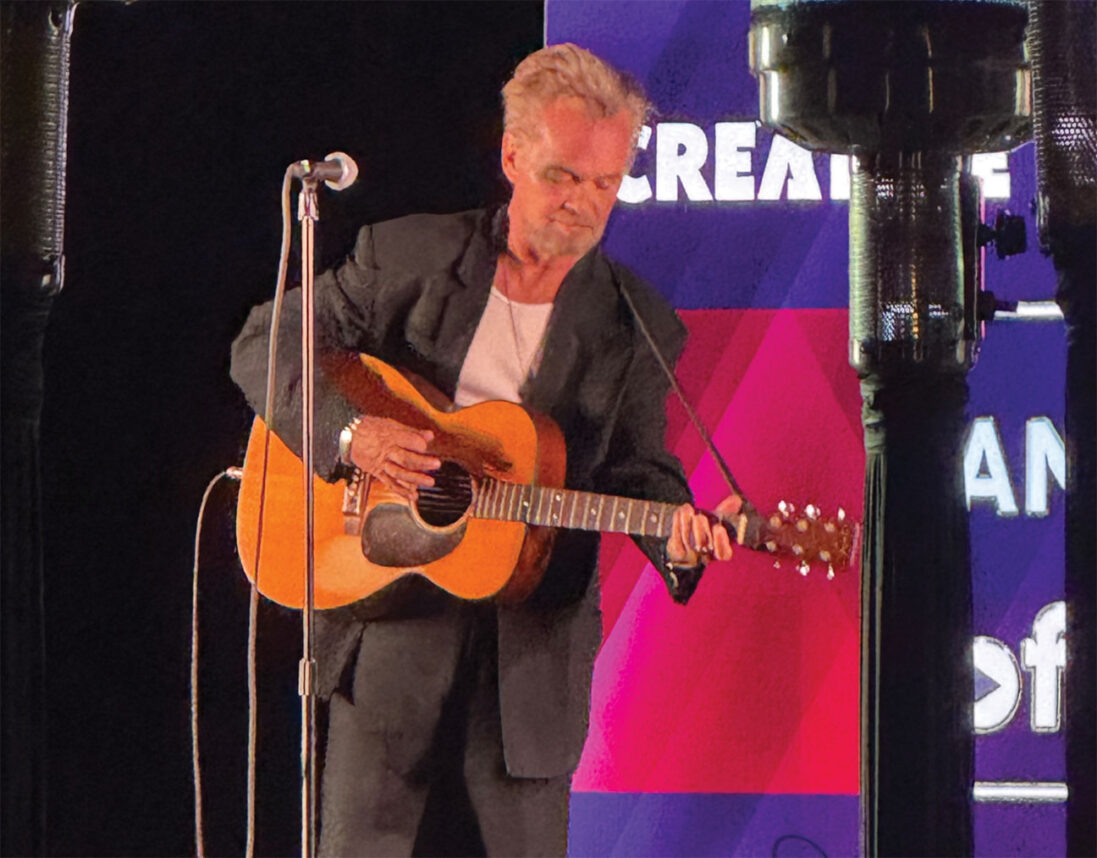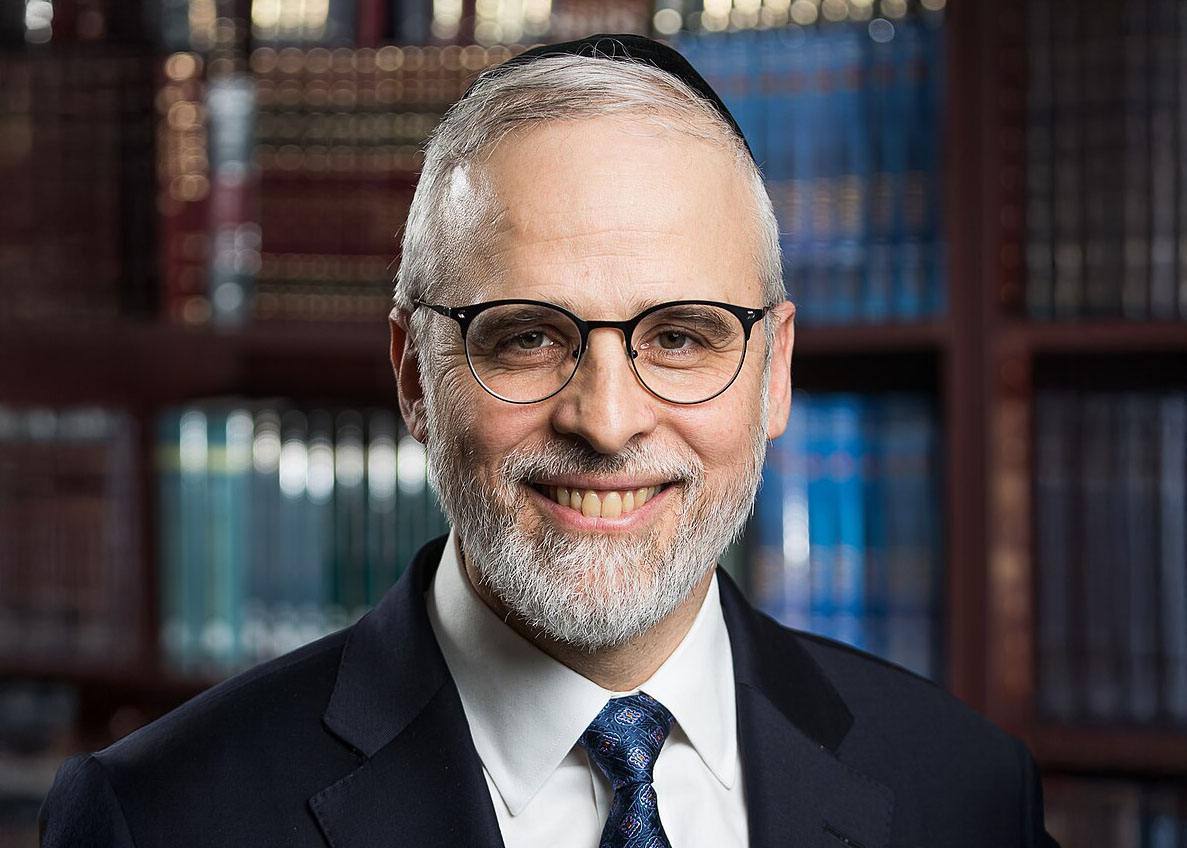Update, Sept. 22, 7 p.m.: ““>two months of war in Gaza.
Just one day after a “>found murdered in the West Bank. Since then, activists on both sides of the African asylum seeker debate in Israel — arguing whether to push them out of the country or provide them refuge — have been laying low, aware that nothing can overshadow the life-or-death urgency of war.
 “>designed to drive them back to Africa.
“>designed to drive them back to Africa.
 “>expected to drop in the next day or two. (That’s because Justice Edna Arbel, one of nine judges on the ruling panel, has retired, and can no longer sign any rulings after Monday, Sept. 22. It’s still possible she could delay the ruling by passing her spot onto another judge — but attorneys and human-rights groups close to the issue told the Journal that would be highly unlikely.)
“>expected to drop in the next day or two. (That’s because Justice Edna Arbel, one of nine judges on the ruling panel, has retired, and can no longer sign any rulings after Monday, Sept. 22. It’s still possible she could delay the ruling by passing her spot onto another judge — but attorneys and human-rights groups close to the issue told the Journal that would be highly unlikely.)
A quick history of “>it instead scrambled to build what it called an “open facility” right next to Saharonim.
 for “infiltrating” the Israeli border fence. <a href=) “>Protests against Holot in central Tel Aviv have taken the place of anti-war rallies.
“>Protests against Holot in central Tel Aviv have taken the place of anti-war rallies.
Meanwhile, some Israeli residents of low-income South Tel Aviv — where 60 percent of the African population lives, many of them squeezed into tiny, run-down apartments — have been papering the city with flyers warning of the upcoming Supreme Court decision.
“If the law is repealed, thousands of infiltrators will return to our neighborhoods,” read “>anti-African activist and “>turned violent in 2012 and 2013.
“It was about getting the nine judges, who don't know what it's like to live here, to hear the people,” she said in a brief interview. “I wanted people to feel comfortable telling their stories.”
Darfur genocide survivor Adam, pictured below at the prison's front gate, said he believes Israelis are scared of him and other Sudanese Muslims “because of our religion and our skin color.”
 “>accepted Israel's offer of $3,500 to return to their home countries — or Uganda or Rwanda — in the time since Holot opened its doors last December. But horror stories about the hasty repatriations have been flooding back to Israel. As noted in a sprawling “>slowed significantly in recent months. However, a spokeswoman for Hotline for Refugees and Migrants, the oldest Israeli organization advocating for African asylum seekers, said she expected the exodus to resume if the Supreme Court sides with the state on Holot.
“>accepted Israel's offer of $3,500 to return to their home countries — or Uganda or Rwanda — in the time since Holot opened its doors last December. But horror stories about the hasty repatriations have been flooding back to Israel. As noted in a sprawling “>slowed significantly in recent months. However, a spokeswoman for Hotline for Refugees and Migrants, the oldest Israeli organization advocating for African asylum seekers, said she expected the exodus to resume if the Supreme Court sides with the state on Holot.
Desert prisoner Adam said that whatever the court rules, at least it will be a change in current. “I just hope it will bring something new — anything new,” he said. “Because we’re really tired of this situation.”
A friend of his at Holot, a 23-year-old Sudanese asylum seeker who was afraid to give his name, described losing his father and brother in the Darfur genocide. “I don’t hate Israeli people, because they saved my life,” he said. “When I left home I didn’t know what would happen to me. Israel kept me safe. Before they sent us [to Holot], they gave us visas, they gave us life. I thought maybe one day I could study. That was really my dream.”
However, he said, “everything’s changed now.”
Adam agreed. “Many people here [at Holot], they’re depressed, and it’s hard for them to go outside. Many people just sleep all day. This situation makes you stop dreaming. Yesterday is the same as today, and tomorrow will be the same.”
 “>Mutasim Ali, pictured above — a Darfuri refugee, civil-rights leader and regular on Israeli news television — spoke to the Journal at Holot that same Saturday. Ali was strikingly upbeat, considering he had just spent one month cut off from the world in Saharonim, the closed prison next door. (Apparently as punishment for rallying prisoners to demonstrate at Holot.) Seeing him there in the dusty, bleak Negev wildnerness in his Tel Aviv finest — a spotless button-down, polished shoes and a wide smile — was as strange as it was
“>Mutasim Ali, pictured above — a Darfuri refugee, civil-rights leader and regular on Israeli news television — spoke to the Journal at Holot that same Saturday. Ali was strikingly upbeat, considering he had just spent one month cut off from the world in Saharonim, the closed prison next door. (Apparently as punishment for rallying prisoners to demonstrate at Holot.) Seeing him there in the dusty, bleak Negev wildnerness in his Tel Aviv finest — a spotless button-down, polished shoes and a wide smile — was as strange as it was
Did you enjoy this article?
You'll love our roundtable.
Editor's Picks



What Ever Happened to the LA Times?

Who Are the Jews On Joe Biden’s Cabinet?


No Labels: The Group Fighting for the Political Center
Latest Articles
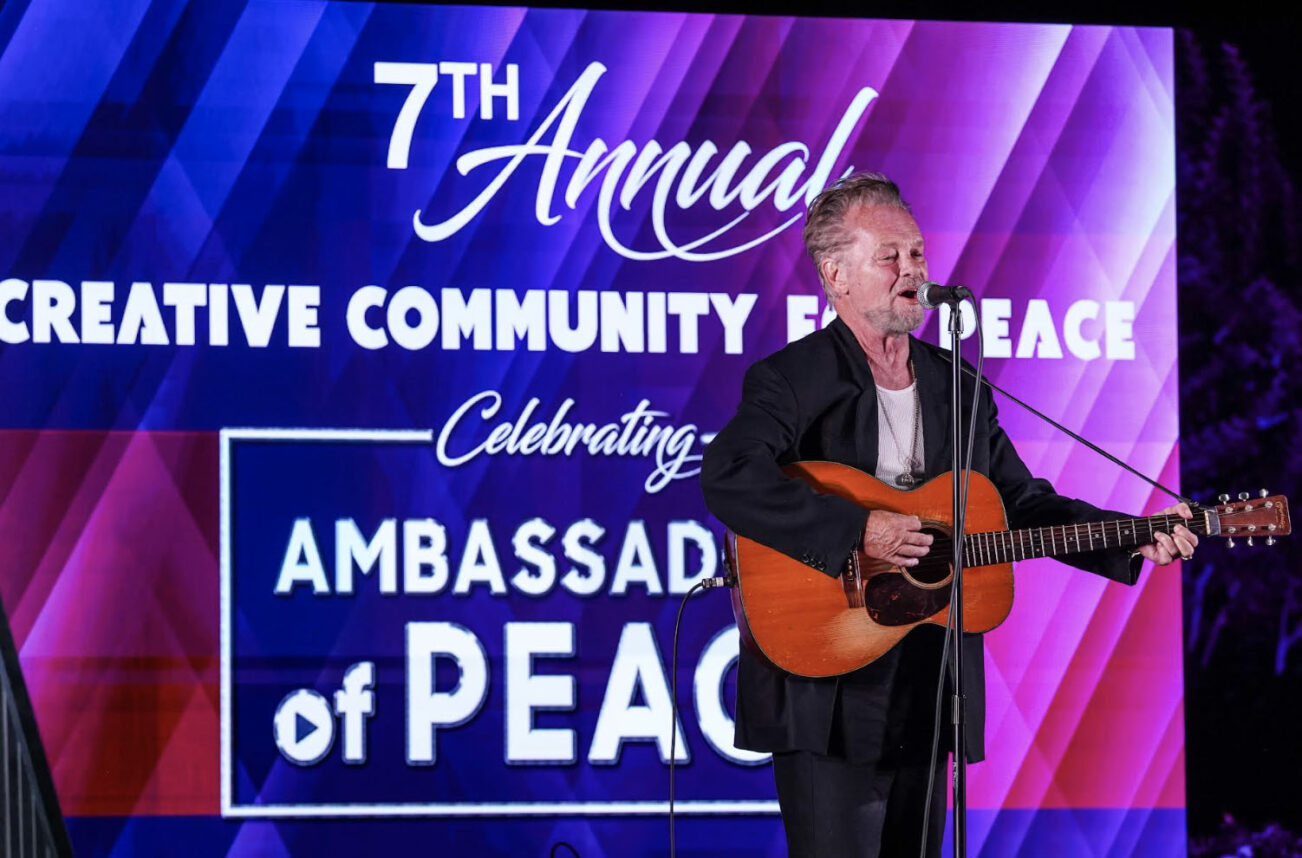

When Thank You Isn’t Enough

Parents: For the Love of G-d, Make a Jewish Choice in 5786
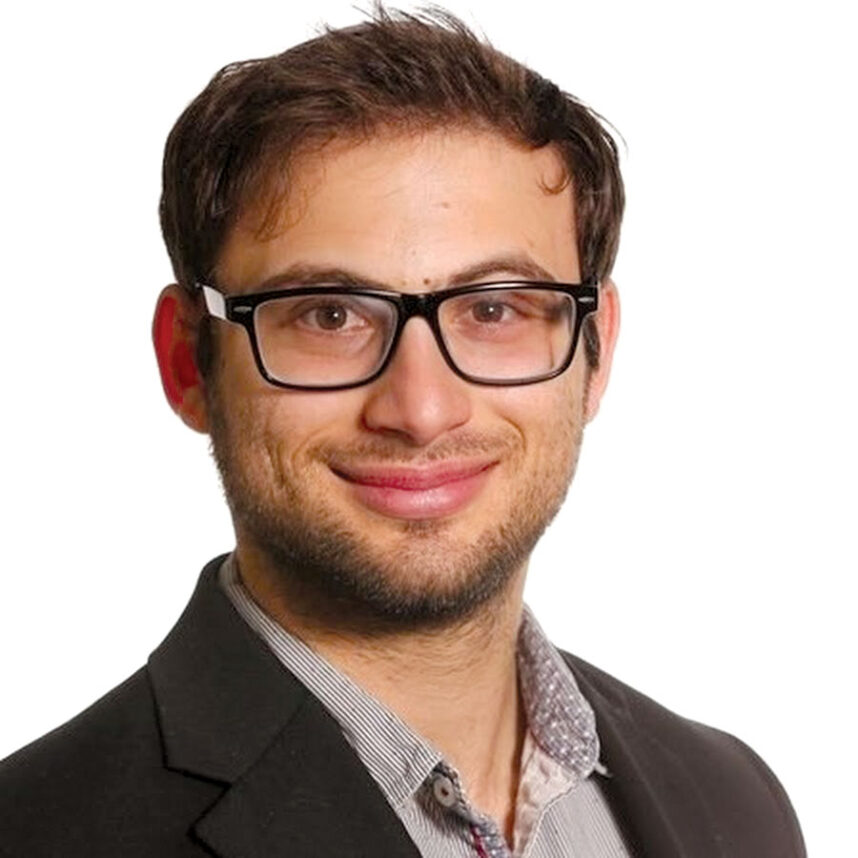

The Hunter
